In the News
-
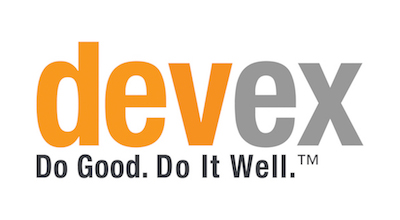 9 August 2017
9 August 2017How a group of Mongolian herders took on a mining giant — and won
Tending camels in the Gobi desert — moving them to fresh grazing pastures in the spring and summer, and to shelter in the winter — has been a way of life for families in Mongolia for thousands of years. But cycles of freezing winters and dry summers — a natural phenomenon which the herders call the “dzud” — are ravaging the already inhospitable terrain with increasing frequency as a result of climate change, leaving millions of livestock dead from cold or starvation. -
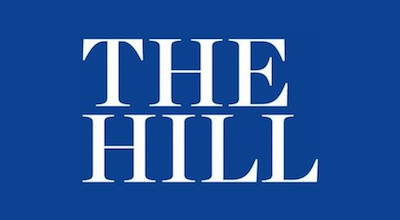 9 August 2017
9 August 2017Fostering trust in World Bank trust funds through accountability
In July, the House Financial Services Committee moved a bill containing reforms to foster accountability at the World Bank, where the United States is the largest shareholder. The bill concerns the United States’ contribution to the International Development Association, through which the World Bank makes loans to poor countries. -
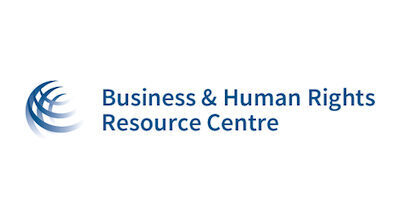 3 August 2017
3 August 2017Recap of the OECD Forum on Responsible Business: Good consultation cuts risk to business
Multinational businesses operate across a spectrum of regulatory environments and in diverse community settings. Failure to consult these communities and respect their rights in core operations can prove costly for international investors, the companies in which they invest and multinational corporations. Companies can save money and time and curb reputational risk by ensuring that human rights are an integrated part of their operations and investor due diligence. -
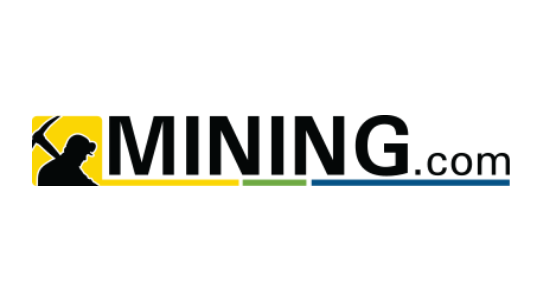 26 June 2017
26 June 2017Mongolian herders ink historic agreement with Oyu Tolgoi mine, government
A community of traditional nomadic herders has reached an historic set of agreements with Oyu Tolgoi LLC (OT), a Rio Tinto copper and gold mine, and the local government to resolve complaints the herders had related to the mine’s impact on the community and its herds. While these agreements do not resolve all negative impacts of the mine, the commitments, which include strategies to improve water access, to mitigate fractured pasturelands, and to support and diversify the economic activities of the community, represent a significant step forward for the herders. The agreement was negotiated with the help of the Office of the Compliance Advisor/ Ombudsman(CAO) at the International Finance Corporation (IFC), which is an investor in Oyu Tolgoi. -
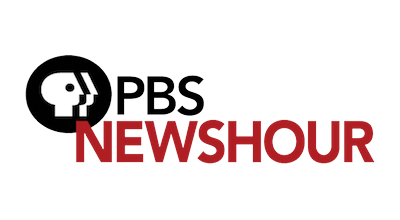 15 June 2017
15 June 2017This lawyer helps Mongolian herders and Indian tea farmers fight injustice
In Peru, communities felt they were being harmed by an oil company. In Mexico, people were dealing with the effects of a hydroelectric project. Those were the first cases lawyer Natalie Bridgeman Fields took, helping communities seeking compensation from large-scale developers. -
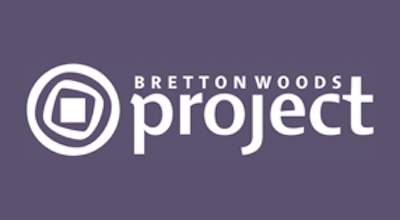 22 May 2017
22 May 2017Landmark community dialogue in Nepal: Is the World Bank learning?
Communities in Sindhuli, Nepal, affected by the World Bank-funded Khimti Dhalkebar Transmission Line (KDTL) have cause to celebrate. Since 2009, they have been raising their concerns about the health, safety and economic impacts of the project, and asking for adequate consultation, information disclosure, and mitigation of impacts. -
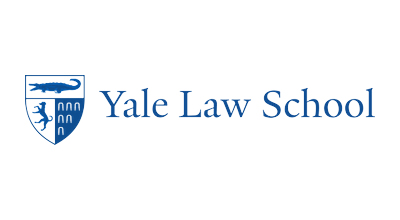 19 May 2017
19 May 2017Lowenstein Clinic Releases Report on World Bank Inspection Panel
The Allard K. Lowenstein International Human Rights Clinic at Yale Law School has released a paper raising concerns about procedural changes at the World Bank’s Inspection Panel. As the independent accountability mechanism housed within the Bank, the Panel provides an avenue for affected communities to raise their concerns about harm suffered as a result of Bank projects. The report, Deferring Accountability: Delays at the World Bank Inspection Panel, examines changes that the Panel has made to its complaint mechanism during the last decade and a half. In several cases, the Panel has introduced delays in the registration and investigation of complaints, both on an ad hoc basis and through revisions to its Operating Procedures in 2014. -
 15 May 2017
15 May 2017Manufacturing a food crisis: Caracol Industrial Park, Haiti
When the Inter-American Development Bank invested US$242 million in a garment factory complex in Northeast Haiti, it did not account for the project’s threat to food security – the ability of local families to reliably access sufficient, nutritious food. In a region and country that suffers regular food crises, that oversight had grave consequences. -
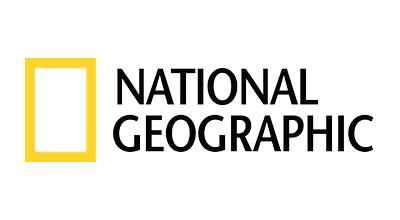 10 May 2017
10 May 2017As the World Cuts Back on Coal, a Growing Appetite in Africa
Few places in the world exude a sense of timelessness as Lamu, an island off of Kenya’s northern coast home to the oldest and best preserved Swahili settlement in East Africa. Lamu’s old town, a UNESCO World Heritage site and an epicenter of Indian Ocean trade for centuries, is a maze of narrow winding streets that cut through neighborhoods of limestone and coral houses, past elaborately carved mahogany doors and several dozen mosques and churches. Only a handful of motor vehicles are allowed on the island; transportation is mainly the domain of donkeys or men pushing wooden carts through the tropical swelter. -
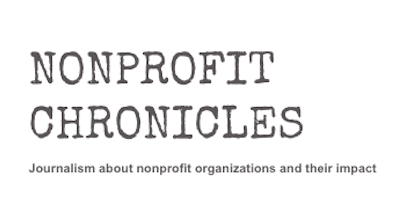 2 May 2017
2 May 2017Natalie Bridgeman Fields: Holding the Powerful Accountable
Natalie Bridgeman Fields, who is the founder and executive director of a nonprofit called Accountability Counsel, isn’t so sure. Accountability Counsel is one of several small nonprofits–others include the Bank Information Center, EarthRights International, SOMO and Inclusive Development International–that work to make sure that the World Bank, and other financial institutions and global companies, respect the rights of the poor to help shape the development projects that affect them. -
 27 April 2017
27 April 2017Inside the campaign to support communities harmed by development
After years of repeatedly raising issues with the World Bank about accountability, Natalie Bridgeman Fields finally had her chance to speak with its president, Jim Kim. She approached him at the Skoll World Forum, following a screening of Bending the Arc, a documentary that follows his path from co-founding Partners in Health to taking one of the most influential positions in development finance. But the conversation did not go as she had hoped. -
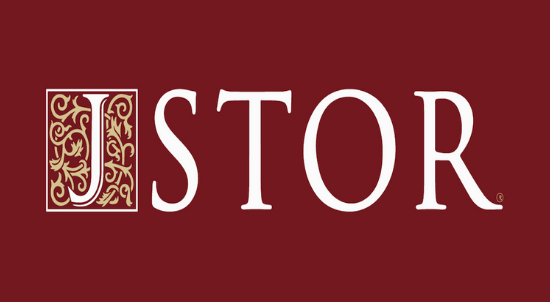 3 April 2017
3 April 2017The World Bank, the Tata Conglomerate and Tea Workers in India
In September 2016, the Compliance Advisor Ombudsman (CAO) for the World Bank’s private investment arm, the International Finance Corporation (IFC), issued a striking report on the Bank’s investment in Indian tea plantations part- owned by the massive Tata conglomerate and employing more than 30,000 workers. For a decade, the Bank had been involved with Tata in a project to spin the plantations off into a separate company. -
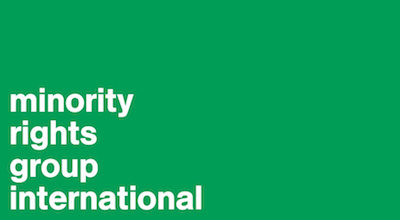 5 March 2017
5 March 2017Nepal: Indigenous Locals Demand that Development Projects Respect Their Rights
For the past month, local communities such as the indigenous people of the Sindhuli District have been obstructing the works of the Khimti-Dhalkebar 220KV electricity transmission line project. It is the highest-capacity line in Nepal that is funded by the World Bank and is working in collaboration with Nepal Electricity Authority (NEA). -
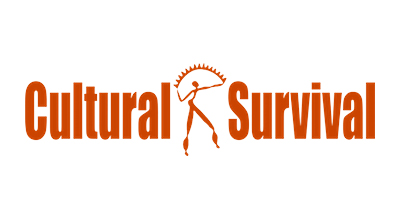 1 March 2017
1 March 2017Power to the People… At What Cost?
Nestled among the glaciers and plentiful freshwater systems of the Himalayas, Nepal is a rich source of alternative energy. Recently, the government of Nepal has introduced a host of ambitious projects to tap its vast hydropower potential. In February 2016, the government endorsed the National Energy Crisis Reduction and Electricity Development Decade Plan, which aims to produce 10,000 megawatts of energy. Currently, as many as 70 hydroelectricity generating plants (ranging in capacity from 6 to 750 megawatts) are in operation across the country. -
 31 January 2017
31 January 2017World Bank continues colonial legacy on Assam’s tea plantations
An Adivasi woman working in Assam’s tea plantations will carry her baby on her back as she has nowhere to leave her children, and she’ll bring another child along to help her pick tea leaves. She will spend eight to nine hours picking leaves and gather a total of 24 kilograms a day, with few or no breaks. In breach of the state’s legal minimum wage of 250 Indian rupees per day, she will receive only 126 rupees (about £1.52). Failure to meet her daily target will further reduce her wage. Aggravating her poor working conditions, there is no toilet accessible in her workplace, and the housing and sanitation facilities provided for her in the plantation are in disrepair. -
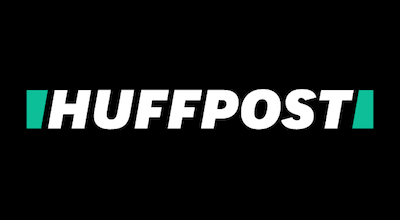 8 December 2016
8 December 2016New FOIA Release Shows U.S. Agency Ignored Warnings While Investing Millions in Failed Project in Liberia
In a stunning display of recklessness, newly released State Department documents reveal that the U.S. Overseas Private Investment Corporation (OPIC)—the government’s development finance institution—blatantly disregarded red flags as it continued to pour millions into a risk-laden biofuels project in Liberia. This news coincides with a flurry of criticism involving the agency’s failed investments in Afghanistan. -
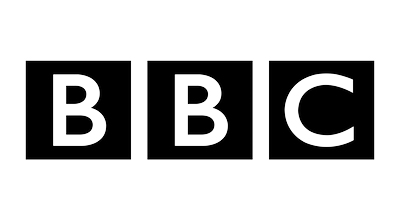 12 November 2016
12 November 2016Indian tea workers’ conditions remain very poor
Tea workers are trapped in a cycle of dependence that began way back when the first tea estates were planted in India in the 1830s. Very little has changed since then, says Anirudha Nagar, of Accountability Counsel, an organisation supporting the APPL workers. “With housing tied to their job, they are practically held hostage by their employer,” he says. “With abysmally low wages, they face a daily struggle to survive and have no means for advancement. And with poor access to education, their children are left with no option but to become workers themselves.” So what can be done? Here is what campaigners such as Anirudha Nagar want to see happen… -
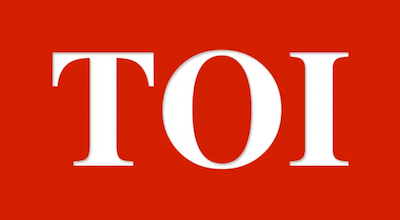 9 November 2016
9 November 2016‘Assam tea company denying benefits to workers’
GUWAHATI: A tea plantation company has been found to be reneging on its commitment to provide housing and other services to workers on its tea estates, according to a report by the compliance advisor ombudsman (CAO) for the International Finance Corporation (IFC). -
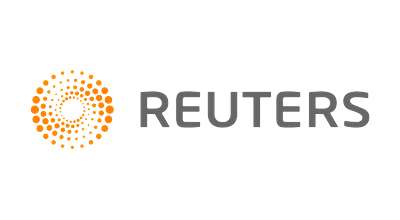 9 November 2016
9 November 2016World Bank probe into Tata tea project finds it failed to protect Indian workers
A World Bank investigation into a tea plantation project in India that it jointly finances with tea giant Tata Global Beverages has found that it has failed to tackle alleged abuses of impoverished workers, the group said on Wednesday. The International Finance Corporation (IFC) – a member of the World Bank Group – said its accountability office began a probe into the project, run by Amalgamated Plantations Private Limited (APPL), after reports tea pickers were being exploited. -
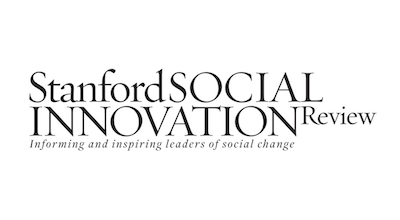 8 November 2016
8 November 2016Accountability: The Golden Opportunity in Impact Investing
During coffee breaks at the past two annual Social Capital Markets (SOCAP) conferences, I’ve asked dozens of impact investors: Do you evaluate and mitigate the risk of social or environmental harm that your investments might cause?

